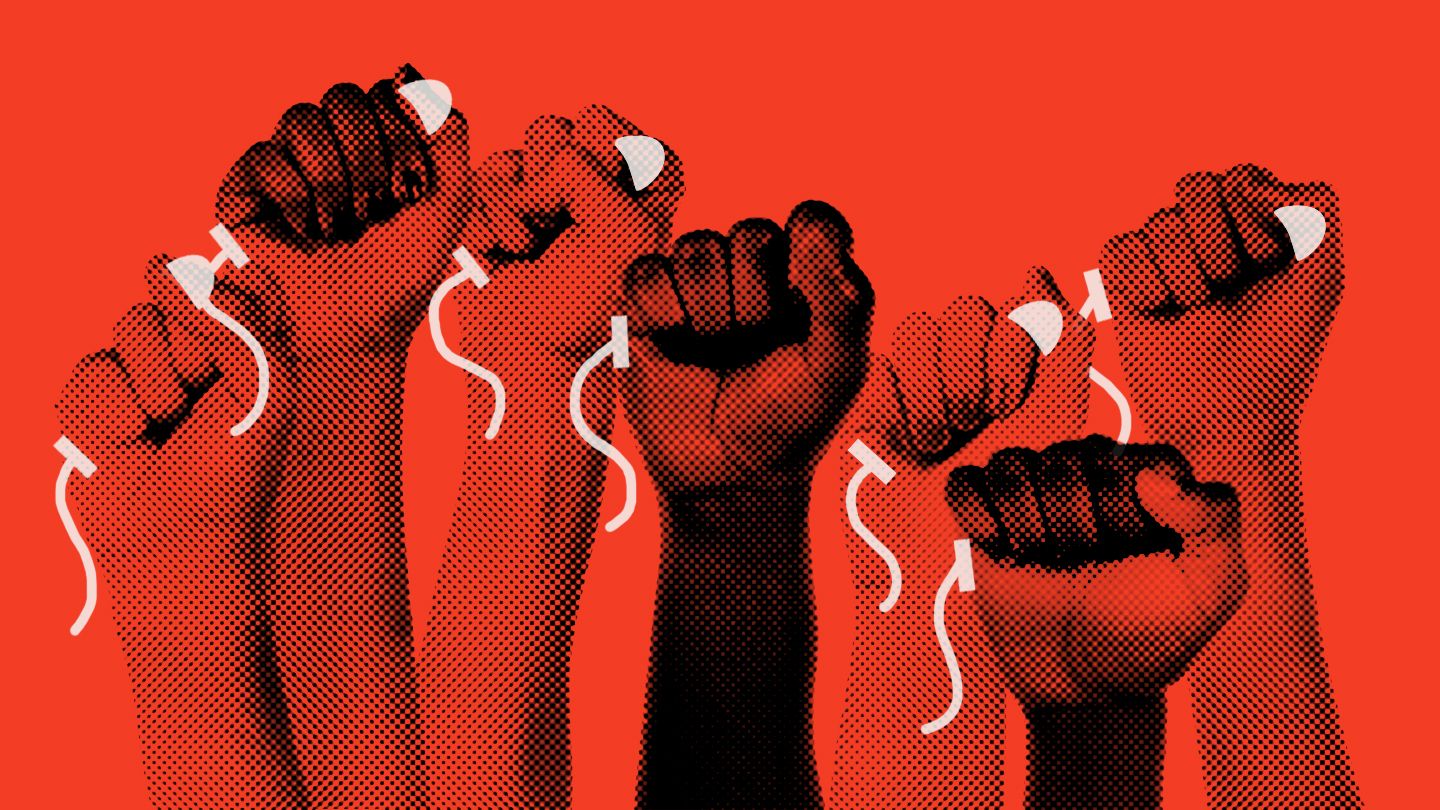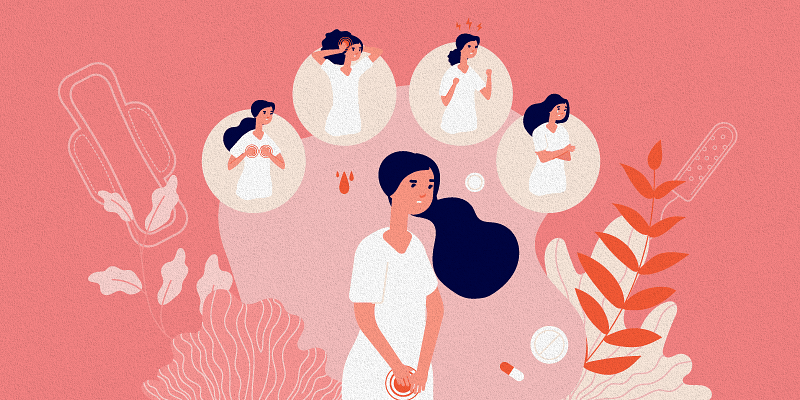Menstruation is normal! #endperiodshame

There are many gaps surrounding knowledge about menstruation. Added to the myths, taboos and stigma surrounding that normal biological process of menstruation, many girls shy away from talking about it, and hide when it is that time of the month. This is especially true for those girls who for one reason or another are unaware of what transpires at the onset of menstruation. By providing girls and boys, women and men with proper information on menstruation, the silence around menstruation will be broken, thus ensuring that young girls and women menstruate in a safe and hygienic environment where menstrual waste is properly disposed of.

Adolescent menstrual health should not be ignored as many adolescents face daily challenges associated with insufficient, unsafe and unsuitable sanitation and hygiene. This situation is further aggravated monthly during menstruation when the need to wash, bathe and privately change the used sanitary pads is heightened. In some cases, girls miss out on school during their period because they lack menstruation items – sanitary towels or pads and tampons. Period poverty is a reality for girls and women, especially those living in poor and marginalized communities. Period poverty is described as the lack of access to sanitary products, menstrual hygiene education, clean toilets, hand washing and waste management facilities. In other words, period poverty occurs when girls and women lack access to sanitary products due to financial constraints. A study conducted by Phillips-Howard et. al., (2015)[1] for instance, revealed that in Western Kenya, 10% of adolescent girls admitted to transactional sex for pads and other sanitary products.
In our quest to address adolescent menstrual health and end period poverty, ACLAD’s community link workers and volunteers engage with community leaders and other stakeholders to ensure prompt and timely supply of sanitary towels to needy and vulnerable girls. We celebrate the efforts of our unsung heroes who constantly distribute menstrual hygiene products in western Kenya. It is vital that all who menstruate are provided with the necessary information, resources and support to manage their menstrual needs throughout the lifecycle- from menarche (first occurrence of menstruation) to menopause (a point in time 12 months after a woman’s last period). Let us end period stigma and work towards making sanitary products free and accessible to all girls and women. End the stigma.
Catherine Muteithia
ACLAD Media Consultant
[1] Phillips-Howard P.A, Olilo G., Burmen B., Otieno F., Odongo F., Oduor C., Nyothach E., Amek N., Zielinski-Gutierrez E., Odhiambo F., Zeh C., Kwaro D., Mills L., Laserson K.F. (2015). Menstrual needs and associations with sexual and reproductive risks in rural Kenyan females: a cross-sectional behavioural survey linked with HIV prevalence. J Womens Health, 24 (10), 1-11.
